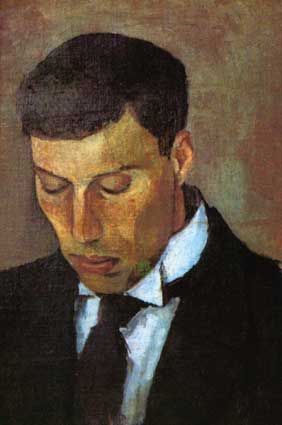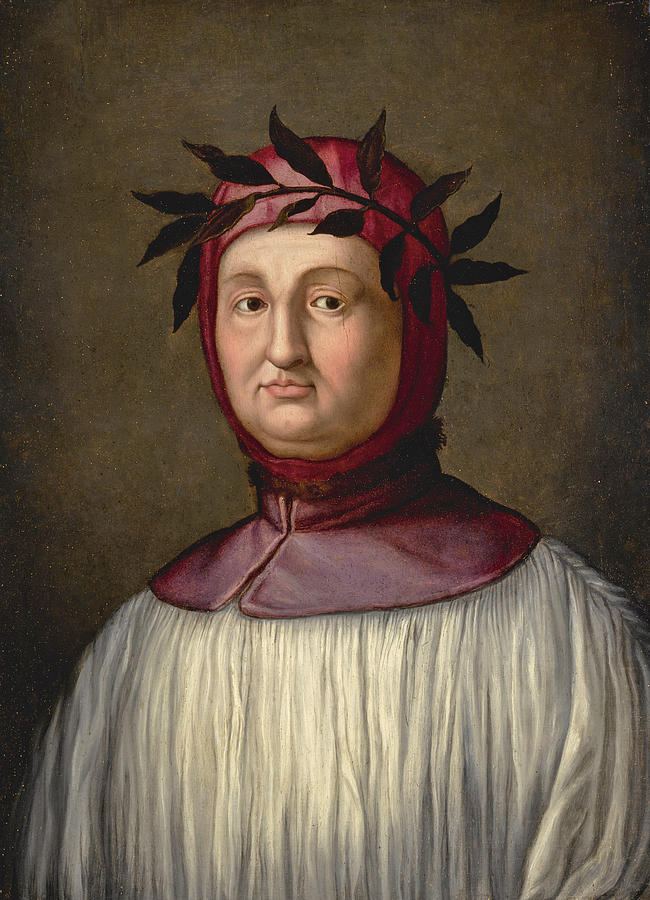The Queen
 Wednesday, August 10, 2011 at 14:31
Wednesday, August 10, 2011 at 14:31 Before this film you may not have realized – or, for that matter, ever considered – that amidst all the privileges and luxuries that the reigning monarch of the British Isles possesses, she is still denied the simple right of suffrage. While there is a certain irony to such a law, it is more interesting to ponder whether the Queen, as henceforth I suppose I shall have to call her, could ever believe in voting for anything or anyone apart from the eternal confirmation of her eternal family right. For all its faults, a fair and free democracy allows the lowest common denominator to dictate what needs to be done to help the greatest number (whether most democracies are truly fair and free is another tale). This may include extended pub hours, lower taxes, a faster speed limit, a lower age of consent, a seven-year marriage contract, and the legalization of certain medicinal herbs – all of which have been bandied about the European Parliament in the last two decades. Ultimately one hopes that lean, muscular, middle-aged reason will prevail; but until that point the head of state – in this case the Queen – and head of government – in this case, a young, idealistic and very religious intellectual – will simply have to get along.
 The time is the unforgettable summer of 1997 and the place is England. After eighteen years of ham-handed, avaricious nonsense, the British people finally rise up and replace high school dropout John Major with the refined and thoughtful Tony Blair (Michael Sheen). If that last sentence betrays my affection for politicians who can both think and act, not just grunt along to party cheers and call themselves leaders by outyelling their fellow boors, then so be it. Blair is the tenth prime minister under the Queen (Helen Mirren), and even sports a soccer jersey to that effect, but England is in dire need of a new direction, to wit, sweeping reforms – the last word any person from a thousand-year dynasty wants to hear. After a tepid first meeting in which Blair echoes his wife and his political advisors in mocking the royal's stuffiness, arrogance, and narrow view of her broad and beautiful realm, fate intervenes and proffers Blair a watershed in modern British history: Princess Diana dies one lonely morning, another passenger on a dangerous Parisian highway. And with her die the hopes that many nourished of seeing her become the Queen.
The time is the unforgettable summer of 1997 and the place is England. After eighteen years of ham-handed, avaricious nonsense, the British people finally rise up and replace high school dropout John Major with the refined and thoughtful Tony Blair (Michael Sheen). If that last sentence betrays my affection for politicians who can both think and act, not just grunt along to party cheers and call themselves leaders by outyelling their fellow boors, then so be it. Blair is the tenth prime minister under the Queen (Helen Mirren), and even sports a soccer jersey to that effect, but England is in dire need of a new direction, to wit, sweeping reforms – the last word any person from a thousand-year dynasty wants to hear. After a tepid first meeting in which Blair echoes his wife and his political advisors in mocking the royal's stuffiness, arrogance, and narrow view of her broad and beautiful realm, fate intervenes and proffers Blair a watershed in modern British history: Princess Diana dies one lonely morning, another passenger on a dangerous Parisian highway. And with her die the hopes that many nourished of seeing her become the Queen.
The current Queen is quick to point out that since her son Prince Charles (Alex Jennings) and Diana are divorced, she is hardly entitled to a public state funeral. But Blair is of a very different mind. Gradually, and mostly appealing to her as a demagogue, he convinces the Queen that there is nothing worse in the eyes of the rabble than the indifference of the elite (Mr. Blair is a rather keen sociologist). Whether or not they maniacally worshiped a princess they mistook for an angel, most admirers of Diana would concur that any reaction, positive or negative, is better than treating her like just any other person and burying her in silence and relief. Yet Elizabeth and her kin say nothing. Like everyone else they watch the news, snarl at the insidious and misbegotten comments, and gossip and bicker like any other family because, whatever they may think, they really are no different from the rest of us. Polls are conducted: seventy-five percent find Elizabeth's silence "detrimental to the monarchy," and a full quarter want to do away with hereditary privilege once and for all. She hems and haws, drives a jeep around that reminds her of her mechanic days in the Second World War, and continues, at least in secret, to ask herself one question: is it worse to dislike a deceased person and not be able to hide it, or conceal this dislike behind a curtain of sympathy and dislike oneself? Between her husband Lord Mountbatten's (James Cromwell) constant desire to assuage his grandsons by taking them hunting, Blair's nagging messages, and the Queen Mum's cavalier advice, the Queen decides at last to do a very queenly thing and stop listening to anyone but herself.
True, the film is nominally about a grumpy and stately woman known to the world simply as Elizabeth. Yet she remains only its third most important character, the second being the young prime minister who takes office in the summer of 1997. The film's real protagonist is someone of whom we see actual footage, the princess everyone now loves in retrospect, if only because it's easy to love beauty when it dies young, when it flees mediocrity, when it decides that the evil world is too much for it to take. The shadow of Diana, represented allegorically as a fourteen-point stag hunted by the royals and slain by a banker when she wanders onto an adjacent estate, looms as large as the clumsy symbolism of linking the Greek goddess of the hunt to a heiress killed with her business magnate boyfriend in neighboring France. She becomes, in the words of the surly, violent Mountbatten, "more annoying dead than she was alive." Yet more than anything else, Diana shows us precisely how the monarchy is no longer the straightest path to glory. Now the most famous are not chosen by some phony divine right but by the people, by their vapid and fickle tastes, by the demos that alternatively loathes, envies and adores the vestiges of despotic rule. Is that why Prince Charles tells Blair that "nothing has affected" his mother as much as Diana's death "since the abdication," because that event was more personally traumatizing than the subsequent war that killed sixty million commoners? Perhaps, although, being born in 1948, Charles might not have realized there had been a war. Charles does shed some tears behind a silent glass door and a silent glass priest (what they say is left to our imagination), and members of the nobility are ever fun to play because they rarely have any real emotions and invariably seem to be acting. As if the thing they feared most apart from the guillotine were human sincerity.





